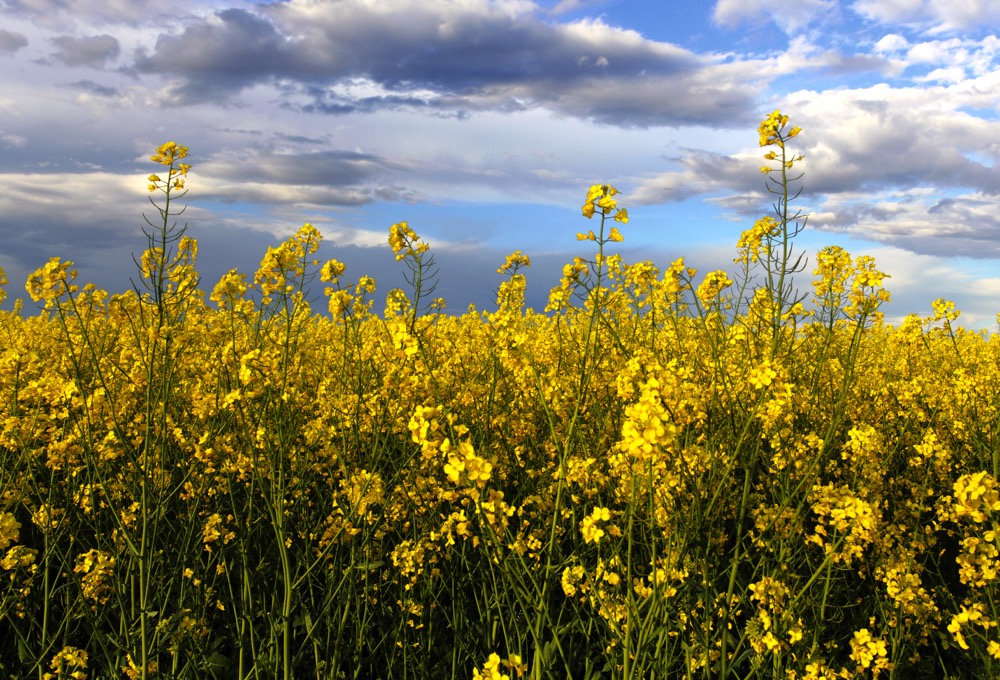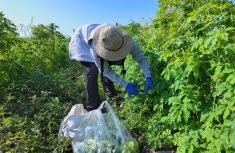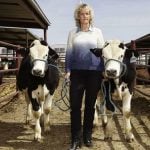A United Nations special rapporteur on modern slavery has called out Canada’s temporary foreign worker (TFW) programs, including those in the agriculture sector.
Tomoya Obokata, who was appointed by the UN’s Human Rights Council, spoke in Ottawa Sept. 6 following a 14-day visit to Canada.
He called the programs “a breeding ground for contemporary forms of slavery,” and called on the government to better protect worker rights and offer a clear path to permanent residency for migrants.
“I am deeply disturbed by the accounts of exploitation and abuse shared with me by migrant workers,” he said in a media release from the U.N.
Read Also

ICE Weekly: No upside for canola if China situation continues: trader
Tony Tryhuk of RBC Dominion Securities said canola should stay rangebound if Canada’s trade war with China continues.
“Employer-specific work permit regimes… make migrant workers vulnerable to contemporary forms of slavery, as they cannot report abuses without fear of deportation.”
Obokata is a scholar specializing in transnational organized crime, human trafficking and modern slavery, and is a professor of international law and human rights at the United Kingdom’s Keele University.
The use of TFWs has exploded in recent years. A 2022 document from StatCan says in 2000 about 110,000 TFWs came to Canada. In 2021, that figure had reached 770,000. About 15 per cent of the agricultural workforce in Canada are TFWs, the highest proportion of any sector.
The Migrant Workers Alliance for Change (MWAC) welcomed the statement and especially endorsed the call for better pathways to longterm or permanent residency.
“The United Nations Rapporteur has yet again stated what we all know, and migrants have been saying for decades,” Syed Hussan, executive director of MWAC, said in a statement.
“A two-tier system of immigration… breeds exploitation, exclusion and violence.”
Canada’s agriculture sector has been criticized, in some cases, for its treatment of temporary workers.
In 2022 Jamaican farmworkers in Canada penned a letter to Jamaican Labour Minister Karl Samuda, decrying their living conditions.
“We are living in a First World country but at both these farms rats are eating our food. We do not have clothes dryers so when it rains we are forced to wear cold, wet clothing to work. We live in crowded rooms and have zero privacy. There are cameras around the houses so it feels like we are in prison,” the letter read in part.
The Jamaican government this spring cleared Canada’s Seasonal Agriculture Worker Program of allegations that it has systematic slave-like conditions, following receipt of an independent investigation.
This summer another group of Jamaican workers were sent home early following a dispute with their employer over living conditions that sparked a one-day strike.
Scotlynn Farms, one of Canada’s largest employer of migrant farmworkers, pled guilty in 2022 and agreed to pay a $125,000 fine after is was prosecuted under occupational health and safety laws due to a COVID-19 outbreak in its operations.
More than 200 workers were infected at the farm, and farmworker advocacy groups have said that “crowded and unsanitary conditions” were a key contributor to that outbreak.
According to StatCan, the majority of agricultural TFWs are employed in Ontario (43.2 per cent), Quebec (29.5 per cent) and British Colombia (16.6 per cent), which have large horticulture and fruit and vegetable sectors.
The Ontario Fruit and Vegetable Growers Association was unhappy with the special rapporteur’s remarks.
“Seasonal and temporary foreign workers are an essential part of local fruit and vegetable production in Ontario, and we do not support employers who mistreat or otherwise take advantage of people in their employ,” said Bill George, a grape grower and chair of the OFVGA labour section.
“We recognize there is always more that can be done to ensure all workers have the opportunity for a positive and safe working experience while they are here, but assigning hateful and broad labels to all the hardworking farmers and their employees in the program is not the solution.” — Glacier FarmMedia Network









